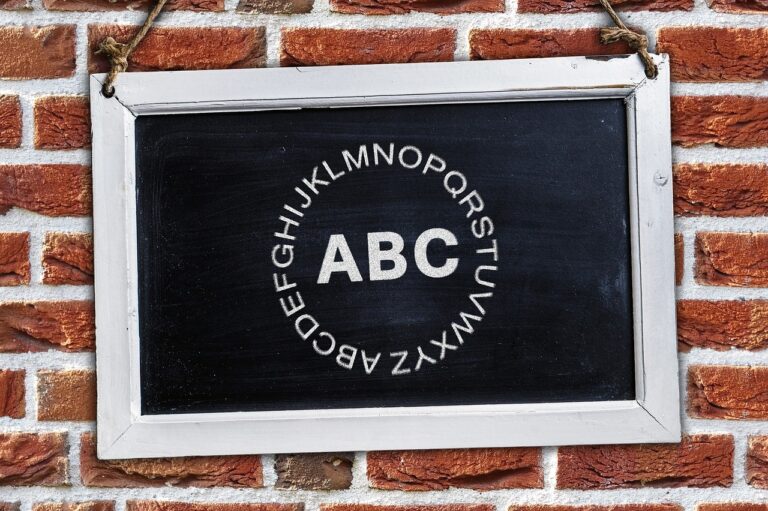How MOOCs are Supporting History Education: Betbhai9 whatsapp number, Play exch.in, Lotus365.win new id
betbhai9 whatsapp number, play exch.in, lotus365.win new id: In today’s digital age, Massive Open Online Courses (MOOCs) have emerged as a powerful tool for supporting history education. These online courses provide an opportunity for students and history enthusiasts to engage with the past in a dynamic and interactive way. With a wide range of topics and resources available, MOOCs are transforming the way history is taught and learned.
1. Accessibility: One of the key benefits of MOOCs is their accessibility. Anyone with an internet connection can access these courses, making them a valuable resource for students in remote areas or those who may not have access to traditional educational institutions.
2. Diverse Topics: MOOCs cover a wide range of historical topics, from ancient civilizations to modern world events. This breadth of content allows learners to explore different periods and perspectives, enriching their understanding of the past.
3. Expert Instruction: Many MOOCs are taught by renowned historians and scholars, giving students the opportunity to learn from experts in the field. This high-quality instruction ensures that students receive accurate and up-to-date information about historical events and trends.
4. Interactive Learning: MOOCs often incorporate interactive elements such as quizzes, discussion forums, and multimedia resources. These features engage students in the learning process and help them to retain information more effectively.
5. Flexibility: MOOCs are self-paced, allowing students to learn on their own schedule. This flexibility is especially beneficial for busy professionals or non-traditional students who may not be able to attend scheduled classes.
6. Cost-Effective: Many MOOCs are offered for free or at a minimal cost, making them an affordable option for students seeking to expand their historical knowledge.
With these benefits in mind, it is clear that MOOCs are playing a vital role in supporting history education. Whether you are a student looking to supplement your coursework or a history buff eager to delve into new topics, MOOCs offer a wealth of opportunities for learning and growth.
FAQs:
Q: Are MOOCs recognized by academic institutions?
A: While MOOCs may not always count for formal academic credit, many institutions do recognize them as valuable learning experiences and may offer certificates of completion.
Q: How do I enroll in a MOOC?
A: To enroll in a MOOC, simply visit the website of a platform such as Coursera, edX, or FutureLearn, search for a course that interests you, and follow the enrollment instructions.
Q: Can I interact with other students in a MOOC?
A: Yes, many MOOCs have discussion forums or virtual study groups where students can interact with each other and engage in collaborative learning.
Q: Are there any prerequisites for taking a MOOC?
A: Some MOOCs may have prerequisites, such as a basic understanding of history or a certain level of English proficiency. Be sure to check the course description before enrolling.







